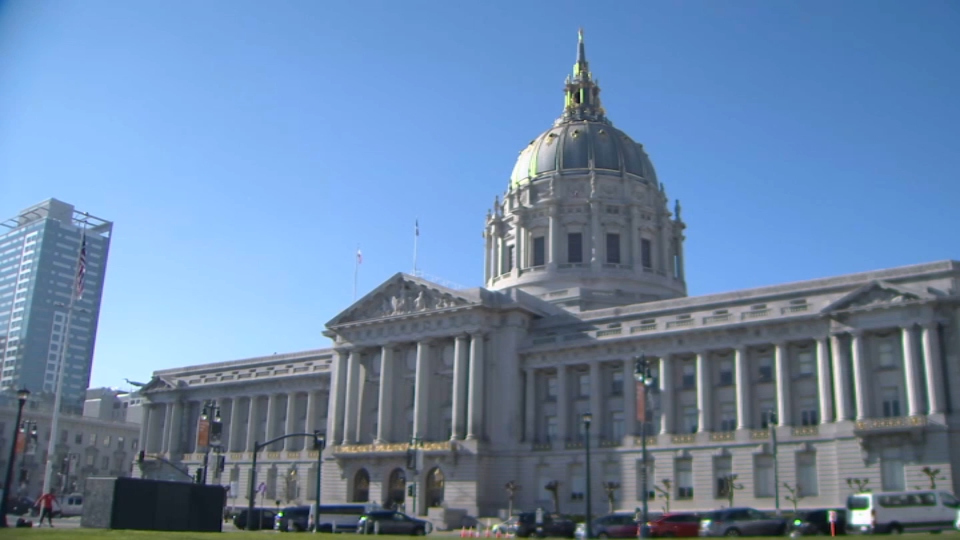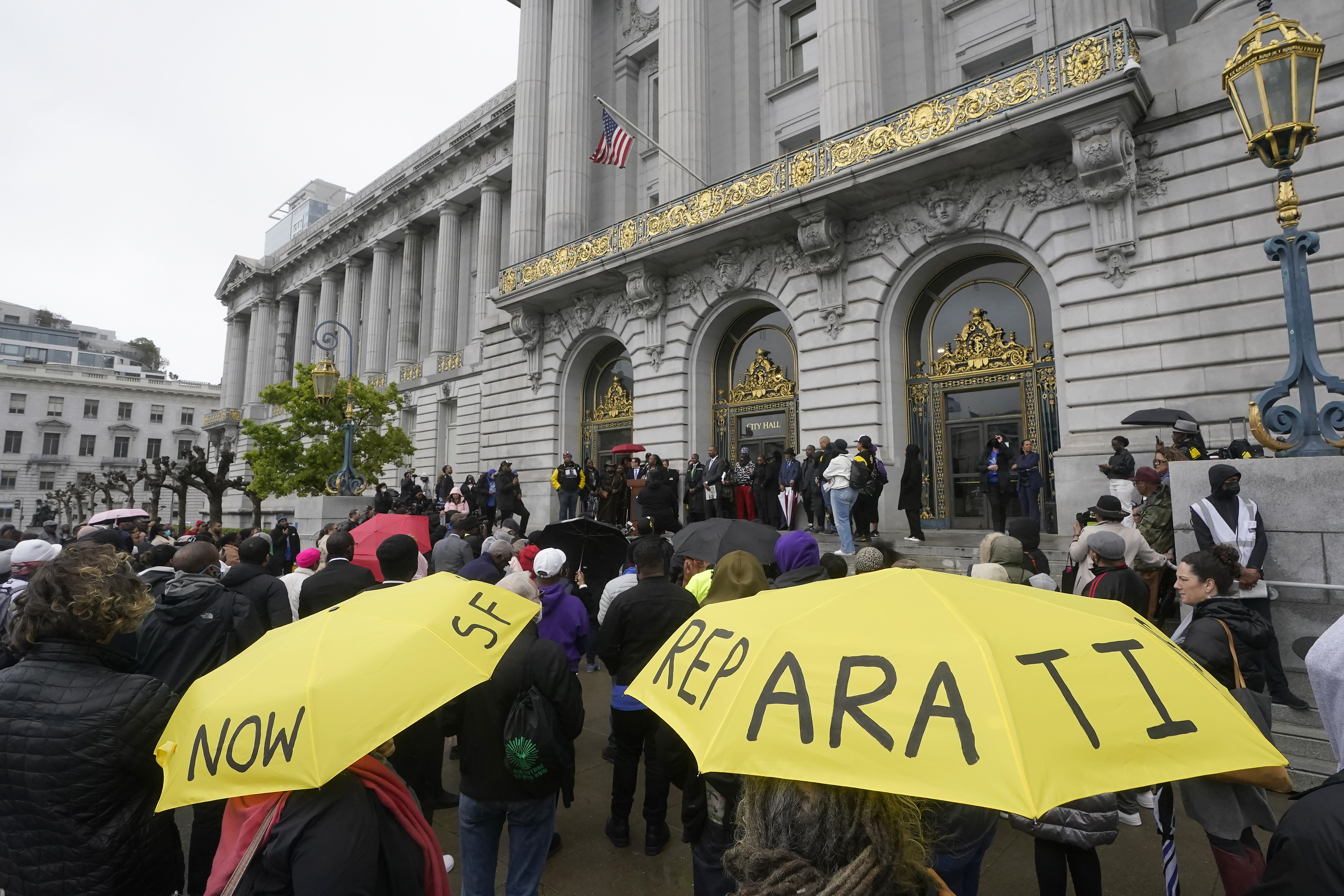California made history Thursday.
After two years of discussion, a state task force released its final list of proposed reparations for African Americans and it fills more than 1,000 pages, including more than 100 recommendations -- from a formal apology, to monetary compensation.
While the report does not include specific dollar amounts, it does contain a method to determine who would be paid if the state approves the plan.
"I'm gonna stay in the struggle until America is redeemed, and the day will come when all of us will be able to say, ‘I'm Black and I'm proud,” said Pastor Amos Brown of San Francisco's Third Baptist Church.
Get a weekly recap of the latest San Francisco Bay Area housing news. Sign up for NBC Bay Area’s Housing Deconstructed newsletter.
He was among those who spoke passionately about the need for reparations to atone for past race-based disparities, housing discrimination, land seizure, and other harms done to Black Californians.
"And we're gonna read, and we're gonna make sure that our descendants will be able to consult this great document and see the evidence that this state has committed the crime against Black folks, and it's time for them to pay their crime bill,” said Amos Brown.
"We have been on the battlefield fighting against principalities and things we cannot see in order to force this system to do right by the descendants of enslaved people for the generational harm that has been afflicted upon us,” said San Diego Councilwoman Monica Montgomery Steppe.
While not specifying a dollar amount, the task force recommends monetary compensation to individuals who can trace their history to ancestors were enslaved in the U.S., or a free Black person living in America prior to 1900.
The metric would provide an estimated $1.8 million to the state's oldest qualifying Black residents.
In total, the task force recommended more than 115 policy reforms to correct harms done to the Black community from enslavement and generational racism.
"It is also my hope that the task force's general efforts strengthen the movement for global reparatory justice for people of African descent,” said Kamilah Moore, the chair of the task force.
The recommendations now go to the California legislature who must decide what to approve.
Moore also addressed the fact that Thursday's final report happened to coincide with the Supreme Court's decision to strike down race-conscious college admissions.
Moore tweeted out Thursday that the task force reparation recommendations are not race-based, but rather based on lineal descent.
The legislature is now expected to begin discussing the recommendations in the coming months.



